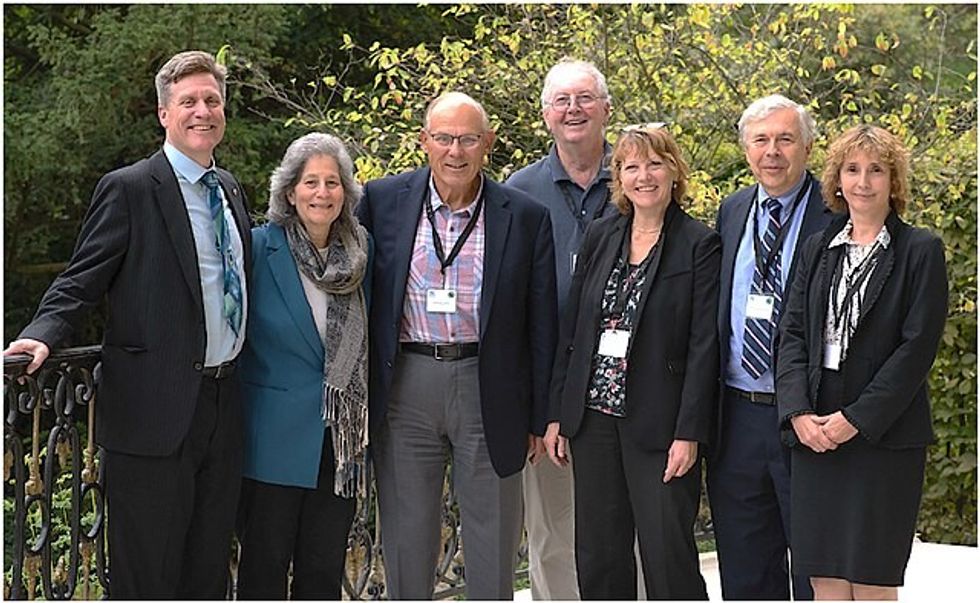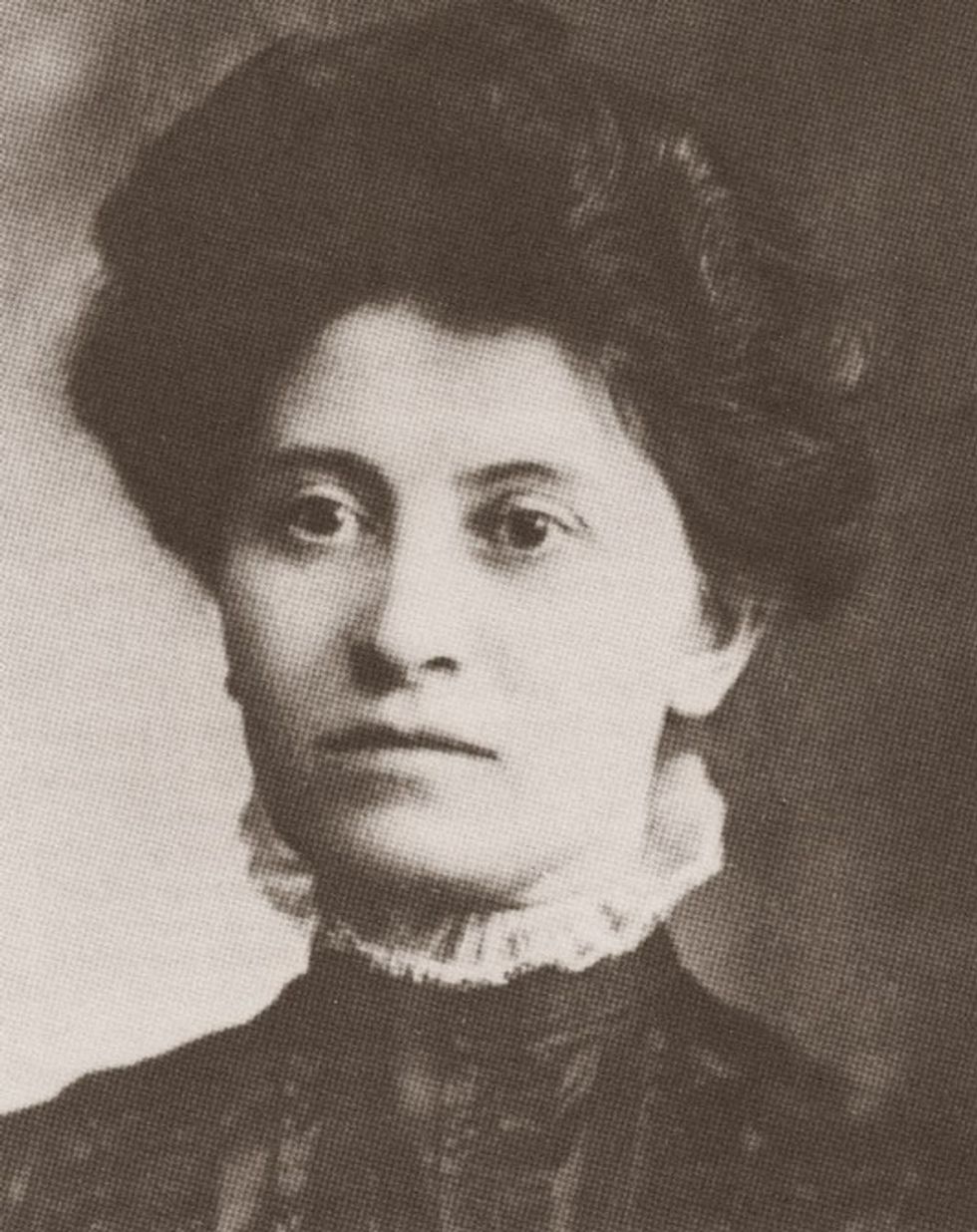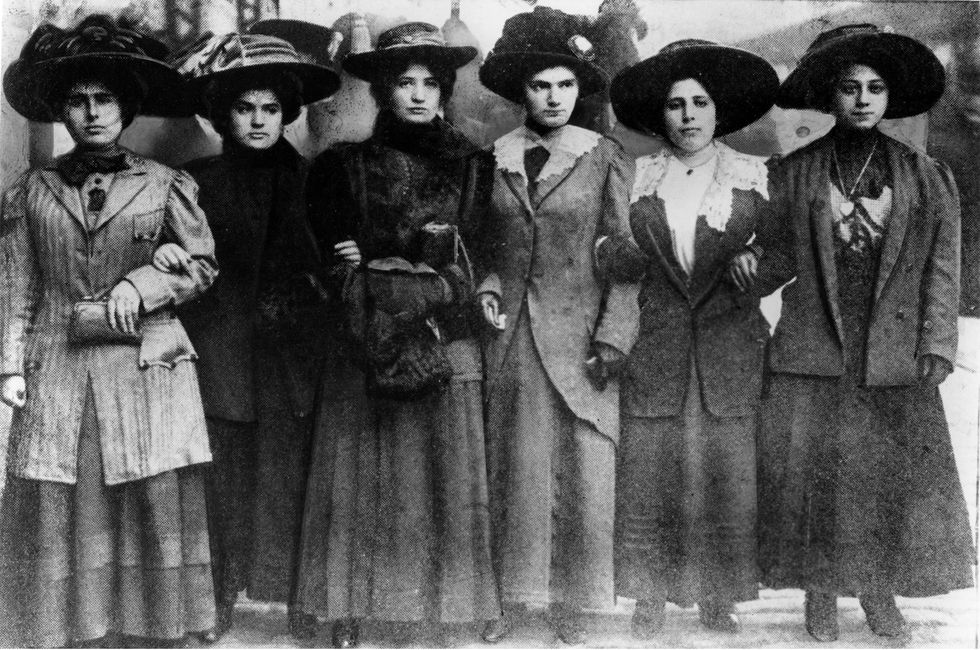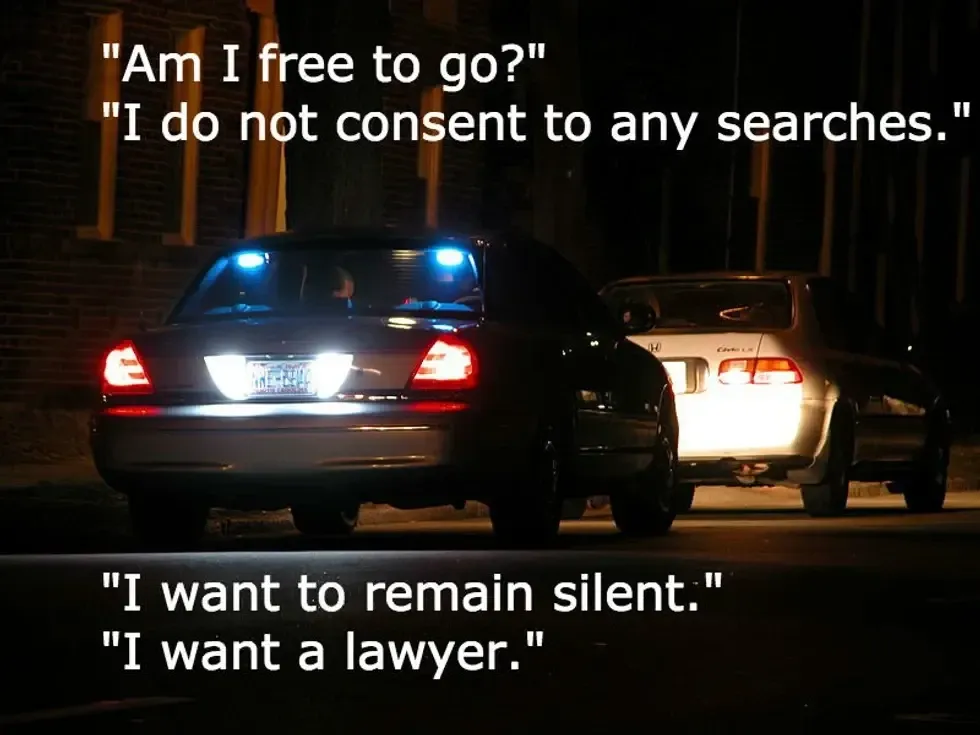It’s a question frequently asked of high school seniors in the spring: “What are you doing after graduation?” Some students are able to articulate a response filled with fire and purpose, but others find themselves confused by what they’ve been told they should be doing: setting themselves up for college and, eventually, whatever job will earn them the fattest paycheck.
Getting into to college, graduating, and making enough cash to pay the bills aren’t bad things. But in our quest to ensure that students thrive, we often forget that being an adult requires more than a high GPA and a lengthy list of extracurricular activities. Now some parents and educators are asking if they have adequately done their job to encourage and guide teens to explore what they love—and empower them to actually do it.
“High school should turn kids on to the powerful tool that is their brain,” says Julie Lythcott-Haims, The New York Times best-selling author of the book: How to Raise an Adult. “It should help sharpen that tool, the brain, by challenging it to think and investigate and it should build both good character and a strong work ethic so kids can use that tool responsibly and to its maximum effect,” she says.
Teachers need to foster an environment that allows kids to think, allows them ask the questions that matter to them, and allows them to feel comfortable pursuing answers, says Lythcott-Haims. Above all, students should leave school with a sense of purpose, a desire to learn more, and knowledge of what they are good at.
Stanford education professor Denise Pope, author of the book Doing School: How We Are Creating a Generation of Stressed Out, Materialistic, and Miseducated Students, also warns that by turning school into a formulaic list of tasks, we are missing the opportunity to develop thinkers.
[quote position="left" is_quote="true"]Only 46 percent of parents say schools are doing a good job prepping kids for adulthood. [/quote]
“We see kids who are ‘doing school’—playing the game, cheating, doing whatever it takes to get an A grade,” says Pope. “Many are stressed to the point of having mental health issues and sleep deprivation, and the irony is that they aren't learning the material in-depth or even retaining the information,” she adds.
These kids stop thinking, or in some cases, were never taught how to think. If they are told to view school as a means to an end, they are never afforded the opportunity to try something that might ignite a passion, create new opportunities for learning, or bring a meaning to their lives.
Awareness that teens need more than an emphasis on academics to blossom seems to growing. An eye-opening national survey from the Associated Press-NORC Center for Public Affairs Research found that 57 percent of parents say public schools do a good or excellent job of preparing students for college, but only 46 percent agree that schools are doing the same job prepping kids for adulthood. Similarly, a recent, multiyear survey of 165,000 high school students by the national nonprofit YouthTruth found that only 46 percent of respondents agree that their school has helped them “figure out which careers match my interests and abilities.”
Parents and educators also can’t forget about teaching practical skills that help youth transition into adulthood, such as knowing how to have a respectful conversation with another person, finding a place to live, following a budget, knowing how to set up a bank account, and using credit wisely. But helping teens find their passion and purpose “will allow them to succeed no matter what they do,” says Lythcott-Haims.
[quote position="full" is_quote="true"]Students can lead meaningful lives if we help them find the intersection of what they're good at and what they love.[/quote]
“Humans lead a meaningful and rewarding life when we do work that lies at the intersection of what we’re good at and what we love,” says Lythcott-Haims. She advises And when it comes to figuring out how to best help our kids discover and follow their own path to this intersection, Lythcott-Haims likes to quote Stanford professor of education William Damon: “Parents should look for the spark and fan the flames.” After all, that spark is what leads teens on their path in life—and it is the job of parents and educators to let them travel it on their own.
















 Freddie Mercury GIF by Queen
Freddie Mercury GIF by Queen File:Statue of Freddie Mercury in Montreux 2005-07-15.jpg - Wikipedia
File:Statue of Freddie Mercury in Montreux 2005-07-15.jpg - Wikipedia
 The hole in the ozone layer in 2015.Photo credit: Wikimedia Commons
The hole in the ozone layer in 2015.Photo credit: Wikimedia Commons In the 1980s, CFCs found in products like aerosol spray cans were found to cause harm to our ozone layer.Photo credit: Canva
In the 1980s, CFCs found in products like aerosol spray cans were found to cause harm to our ozone layer.Photo credit: Canva Group photo taken at the 30th Anniversary of the Montreal Protocol. From left to right: Paul Newman (NASA), Susan Solomon (MIT), Michael Kurylo (NASA), Richard Stolarski (John Hopkins University), Sophie Godin (CNRS/LATMOS), Guy Brasseur (MPI-M and NCAR), and Irina Petropavlovskikh (NOAA)Photo credit: Wikimedia Commons
Group photo taken at the 30th Anniversary of the Montreal Protocol. From left to right: Paul Newman (NASA), Susan Solomon (MIT), Michael Kurylo (NASA), Richard Stolarski (John Hopkins University), Sophie Godin (CNRS/LATMOS), Guy Brasseur (MPI-M and NCAR), and Irina Petropavlovskikh (NOAA)Photo credit: Wikimedia Commons
 Getting older means you're more comfortable being you.Photo credit: Canva
Getting older means you're more comfortable being you.Photo credit: Canva Older folks offer plenty to young professionals.Photo credit: Canva
Older folks offer plenty to young professionals.Photo credit: Canva Eff it, be happy.Photo credit: Canva
Eff it, be happy.Photo credit: Canva Got migraines? You might age out of them.Photo credit: Canva
Got migraines? You might age out of them.Photo credit: Canva Old age doesn't mean intimacy dies.Photo credit: Canva
Old age doesn't mean intimacy dies.Photo credit: Canva
 Theresa Malkiel
commons.wikimedia.org
Theresa Malkiel
commons.wikimedia.org
 Six Shirtwaist Strike women in 1909
Six Shirtwaist Strike women in 1909
 University President Eric Berton hopes to encourage additional climate research.Photo credit: LinkedIn
University President Eric Berton hopes to encourage additional climate research.Photo credit: LinkedIn
 Image by Ildar Sajdejev via GNU Free License | Know your rights.
Image by Ildar Sajdejev via GNU Free License | Know your rights.